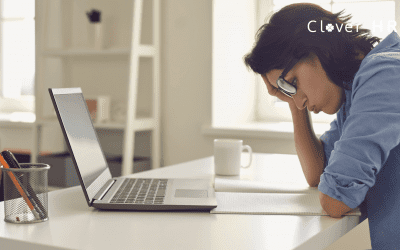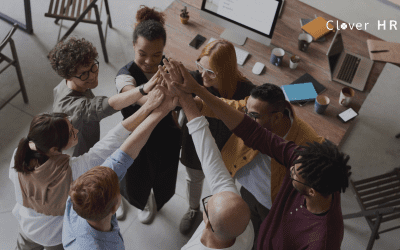Understanding the benefits of wellbeing in the workplace may help your company flourish. Improving wellbeing in the workplace can help your employees feel more comfortable, healthier, happier and overall less stressed.
Enhanced wellbeing can increase employee productivity and motivation as healthy employees tend to have more energy and can perform their tasks better.
- Outside view, daylight and lighting
Most people enjoy having an outside view and exposure to natural light whilst working. World Green Building Council research suggests that workers who have outside views are likely to be up to 25% more productive. Moreover, exposure to natural light increases productivity by 18%.[1]
Office lighting can be an important part of our wellbeing. It must satisfy variety of our needs. Besides being important for us to see the task in front of us, lighting can affect out comfort and mood.
One study by neuroscientists indicates that office workers with windows in their workplace receive 173% more light exposure during work hours and sleep an average of 46 minutes more per night.[2] Workers without windows in their workplace reported poorer scores than their colleagues on quality of life measures related to physical problems and vitality, as well as poorer outcomes on measures of overall sleep quality, sleep efficiency, sleep disturbances and daytime dysfunction.
Most office occupants prefer access to windows and daylight, which brings consistent benefits in terms of satisfaction and health (World Green Building Council 2014).[3] Providing your employees with a workplace that has outside views and exposure to natural light can help improve overall wellbeing in the workplace.
- Encourage exercise
According to Get Britain Standing campaign[4], workers sit for an average of 8.9 hours a day. Sitting at a desk for prolonged period can cause stiffness, back pain and muscular problems.
A lot of people while working are sitting behind the desk for long periods. Finding a way to encourage workers to stay active and mobile can help them overcome some of the above mentioned problems. There are many different ways you can help your team to stay active. You can organise a running club before or after work, encourage them to cycle to work or provide them with gym membership or simply encourage them to get up and work around the office. Moreover, consider buying furniture such as standing or adjustable desks, sit-stands stools or chairs as these might help to encourage your employees to get moving and be less inactive.
- Reduce noise
The Leesman Review (2015)[5] was dedicated to noise in the workplace. It was found that only around 30% of over 100,000 respondents were satisfied with noise level in the workplace.
Computer, phones, other people talking, and a background “hum” in general can sometimes make it hard for people to concentrate.
Office design can also help in dealing with noise problems in the workplace. For example, avoid placing general-use phones in the middle of an open plan office, position desks so that they do not have a constant stream of people walking past. Try to create a balance in your workplace by having open and closed spaces.
- Team building days
Team building exercises are a great way to improve team communication, raise morale and build bonds among the team. Team building and sharing activities at work tend to have a positive effect on the overall atmosphere.
Treat your team to an organised team activity or introduce them to regular team building days. Team building activities can be anything from cookery class, sports day or a problem-solving activity.
- Allow flexible working
Finally, in order to improve wellbeing in the workplace consider offering flexible working. With flexible working employees can fit their job around their needs. This could include flexible start and finish times for parents with school children or allowing employees to work from home one day a week to have a break from the commute.
Making sure your employees are happy and healthy is very important and makes good business sense. Improving wellbeing in the workplace should be one of your top priorities.
If you would like further guidance or support on employee well-being or require advice on other people management matters please contact Clover HR on 0330 175 6601 or email us at info@cloverhr.co.uk
©️ Copyright Clover HR
[1] World Green Building Council (2014) Health, Wellbeing & Productivity in Offices [online] available from <https://www.ukgbc.org/wp-content/uploads/2017/09/Health20Wellbeing20and20Productivity20in20Offices20-20The20next20chapter20for20green20building20Full20Report_0.pdf> [06 October 2019]
[2] Chueng I. (2013) Impact of workplace daylight exposure on sleep, physical activity, and quality of life. American Academy of Sleep Medicine
[3] World Green Building Council (2014) Health, Wellbeing & Productivity in Offices [online] available from <https://www.ukgbc.org/wp-content/uploads/2017/09/Health20Wellbeing20and20Productivity20in20Offices20-20The20next20chapter20for20green20building20Full20Report_0.pdf> [06 October 2019]
[4] Get Britain Standing (2019) [online] available from http://www.getbritainstanding.org/ [06 October 2019]
[5] Leesman Review (2015) A briefing on global workplace strategy, management, satisfaction & effectiveness [online] available from <https://www.ecophon.com/globalassets/media/pdf-and-documents/uk/leesman-review-issue-leesman-review-issue-17.pdf> [06 October 2019]


